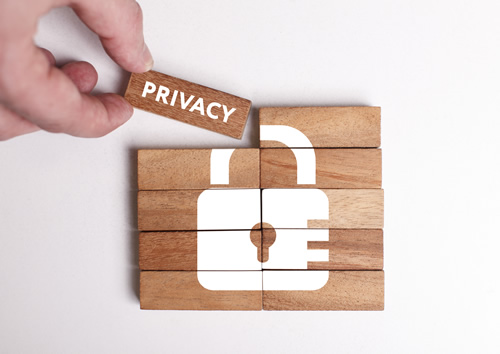5 pragmatic practices for educator self-care
With the shift to crisis teaching underway, self-care has become critically important. In our book, Whole: What Teachers Need to Help Students Thrive, we found that the key component to student success was a culture of caring for educators. Investing time and resources into support for their mental and emotional well-being led to a new narrative of success in schools. This approach has become essential at a time when teachers’ routines, relationships, and personal realities are suddenly in flux.
Of course, we need to begin any list of self-care tactics with “rest, hydrate, eat well, exercise.” Let’s leave those at the top and remind ourselves of them at the end. In between, when we’re feeling stressed to the max, here are five key steps to help educators manage their physical and emotional well-being.
Practices for Self-Care
Be aware of stress biology and the “amygdala hijack.” Understanding the neurobiology of strong emotions can help us to better manage them. The brain’s primitive system, the amygdala, can hijack our center of rational thinking. This activates the fight, flight, or freeze response. When triggered like this, we say or do things we normally wouldn’t do. But we can train our brains to note when this is happening. With that heightened awareness, we can choose to handle the crisis differently.
Engage in self-supervision. A simple strategy to create calm when feeling overwhelmed is a go-to set of questions that can ground us. At Stagen Leadership Academy, the suggested grounding questions are:
- What’s really happening?
-
What’s most important and most needed?
-
What’s the most helpful action I can take?
Nurture quiet within you. Our nervous systems struggle to return to baseline in times of crisis. Our fight or flight response, intended to last a few seconds to save our lives, can instead continue for hours or days. Nurturing our own quiet by sitting in a calm room, breathing deeply, or taking a short mental break to find our own internal voice again can help our biological systems reboot back to the center. Managing our internal world is a critical step to managing our stress.
Free resources include Mindful.org meditation resources, a Ten Percent Happier Coronavirus Sanity Guide, and Headspace.com stress management resources. Susan Kaiser Greenland, the author of The Mindful Child, offers kid-friendly support in her app Stop, Breathe, Think Kids. NABU created a set of books for young children related to the coronavirus crisis, available at Nabu.org.
Do the things that make you strong. Working our social-emotional muscles is important to mental well-being. Identify practices that keep you grounded and then prioritize them by putting them on your schedule. When are you most at peace? What gives you energy? Pick a few things like meditation, running, or reading, and build them into your day. These practices are not about adding to the to-do list; they’re about tricking ourselves into recharging our own batteries. It feels daunting when we first start prioritizing our own well-being, but then one day a switch flips and we can’t imagine it any other way. We come to understand that our impact in the world is directly connected to our capacity to stay grounded and fueled.
Nurture relationships. One of the most jarring impacts of “crisis teaching from home” is a change in our relationships. Lou Cozolino, professor of psychology at Pepperdine University, contends that the brain requires a matrix of social relationships to survive. Without those relationships, brains literally shrink. Cozolino also found that strong relationships stimulate positive emotions. In the absence of strong relationships, stress takes hold. Make time each day to connect with your friends, your peers, and to share deeply with your partner or confidant.
Again, we’ll end with “rest, hydrate, eat well, exercise.” You can add “acknowledge and give space for grief” —even if you’re simply grieving the loss of your old routine and simple pleasures that you can’t enjoy right now.
Source: https://www.smartbrief.com/original/2020/06/5-pragmatic-practices-educator-self-care




